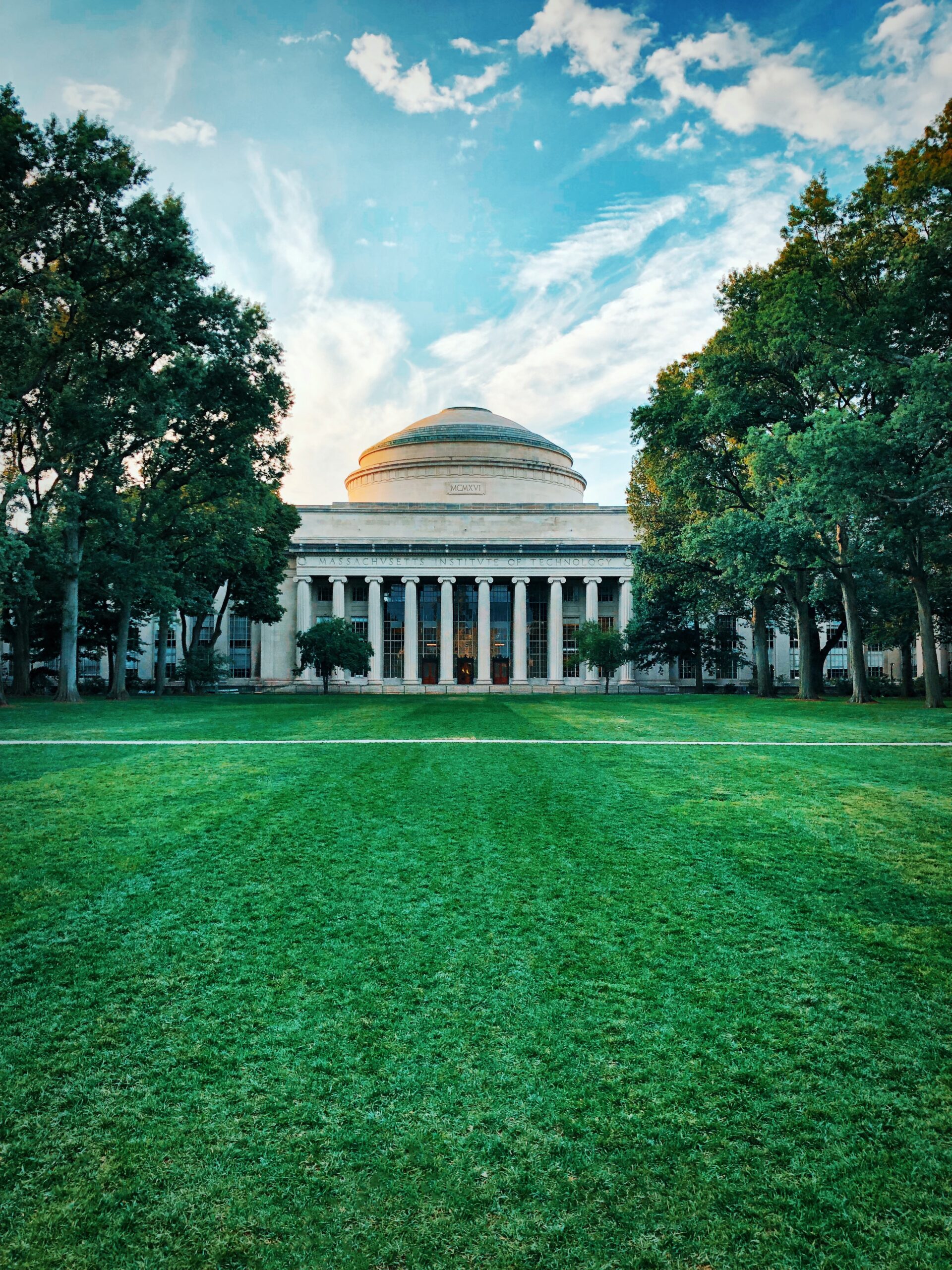By Macie Parker
After four years of construction and nearly a decade of planning, the new John A. Volpe National Transportation Systems Center has opened in Kendall Square, part of $750 million deal between MIT and the federal government to redevelop a 14-acre parcel that was once a NASA electronic research center.
The new transportation center is the first building to open in a mixed-use development that will include research labs, retail, affordable housing, and open space, with the goal of not only encouraging innovation, but also enhancing the surrounding community. Federal and MIT officials said they are particularly focused on involving the community as they seek to modernize the transportation system and ensure that it is environmentally sound and beneficial to everyone.
“Particularly in Cambridge, we all face issues of climate change and transportation challenges and social justice and equity,” said Sarah Gallop, the director of MIT government and community relations. “There is a very strong sense in Cambridge that the only way we are going to tackle those problems is together, so the opening up of the entire parcel is really well received by Cambridge.”
MIT, working with the US General Services Administration and Department of Transportation, acquired the property in 2017 for $750 million in a deal that included building a new Volpe Center. MIT will begin redeveloping the rest of the site in January with a plan to construct about 8 more buildings over the next several years
The new Volpe Center is on track to achieve a LEED Gold certification, which recognizes buildings for energy-efficiency and sustainability.Its green technology includes solar panels; triple-paned glass; electric vehicle charging stations; a rainwater reclamation and reuse system that captures, stores, and distributes water throughout the building; and green and cool roof technology that decreases temperatures on the roof and lowers energy usage.
The building also features anAdvanced Building Automation System, which automates and controls heating, cooling, and lighting to maximize energy efficiency.The new building will cut the carbon emissions of the old building in half.
The upgrades are part of the Biden-Harris Administration’s Federal Sustainability Plan, which aims for all federal buildings to achieve net-zero carbon emissions by 2045.
The Volpe Center boasts a conference room that can hold up to 800 people, making it a destination for government agencies hosting conferences, events, and meetings, and providing opportunities to collaborate with researchers from local universities, including Harvard and MIT. The building also has six lab areas, includinghuman factors labs, which research ways to improve the efficiency and safety of transportation technology, while taking human capabilities into account.
One lab, for example, has a driving simulation that tests how drivers react when notified of a railroad crossing ahead.
“Transportation is all about innovation, whether you’re talking about AI, machine learning, or issues of climate change or equity,” said Stephen Popkin, the director of research and innovative technology at the Volpe Center. “There’s so much exciting work right now, and this building helps facilitate that.”
That includes maintaining a feature of the old building — the day-care center. The Volpe Center was one of the first federal buildings to offer on-site day care, and the new building’s day-care center will accommodate up to 60 children, taking some work-life pressures off of employees and their families.
“This project [will] enhance the ability to get transportation projects built more quickly and more efficiently,” Anne Aylward, the director of the John A. Volpe Center said. “This project is a phenomenal example of project delivery, where the team has really come together to deliver a complex multiyear, multimillion dollar project on time, on budget, [and] on task.”


